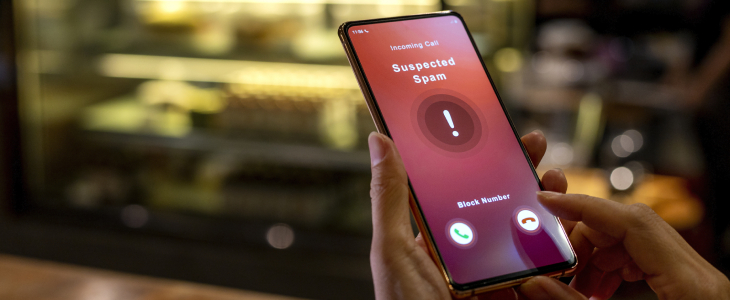Millions of Americans receive phone calls or texts from unfamiliar numbers each day. These unsolicited and unwanted calls disrupt lives, interfere with work and school, and can even lead consumers to ignore legitimate communications out of frustration with the onslaught of calls and texts from organizations they don’t want to hear from.
It’s essential to understand your legal rights as a Florida consumer. You are afforded important protections under the federal Telephone Consumer Protection Act (TCPA), and an experienced consumer protection attorney can help you secure justice for TCPA violations.
What Is the Telephone Consumer Protection Act?
Congress passed the Telephone Consumer Protection Act (TCPA) in 1991. This legislation addressed the growing frustration and concern about the number of telephone marketing calls plaguing Americans. In 2003, the Federal Communications Commission revised TCPA regulations and created a National Do-Not-Call Registry to further restrict and prevent unwanted and unsolicited marketing calls.
TCPA rules stipulate that businesses must obtain customer consent before making robocalls for sales or marketing purposes. It also requires organizations to offer a clear and straightforward method for customers to opt out of future calls.
The TCPA also restricts the time of day telemarketers can make robocalls. Unless customers give written consent, companies cannot make sales calls before 8 a.m. or after 9 p.m. The law also prohibits robocalls to emergency lines and hospital rooms.
What Is the FTSA?
The Florida Telephone Solicitation Act (FTSA) is the state’s version of the TCPA. It imposes strict “opt-in” requirements and heavy penalties when companies fail to secure a Florida resident’s consent for marketing phone calls. The FTSA also restricts text messages and limits the number of unsolicited messages a customer can receive within a specific timeframe.
Since the passage of the FTSA, Governor Ron DeSantis has amended the law limiting the potential liability of companies by prohibiting only unsolicited calls made using an autodialer or prerecorded message. It also added a 15-day safe harbor, meaning that before an individual could bring a lawsuit against a company, the consumer must first text “STOP” to the solicitor, and only when the solicitor fails to stop sending messages within those 15 days can the consumer file a suit. The amendments essentially weakened the FTSA and significantly restricted the scope of liability and the ability for customers to sue.
Justice for TCPA Violations
While recent amendments to the FTSA limited the scope of liability and made it more challenging for consumers to file lawsuits against companies violating state law, consumers can still hold marketing firms accountable via the TCPA. Businesses that violate the TCPA face penalties of up to $500 per violation. Willful law violations can result in fines of up to $1,500 per violation.
Three types of TCPA violations can land a company in hot water, including:
- Calling or texting numbers listed on the National Do-Not-Call Registry
- Making unsolicited calls to residential or cell phones using automated dialing or prerecorded messages
- Sending unsolicited text messages to cell phones
If you are receiving annoying and burdensome unsolicited calls and messages from marketing firms and businesses, you can fight back. At Lehrman Law, we are passionate about fighting TCPA and FTSA violations and protecting Florida consumers.
Contact an Experienced Florida TCPA and FTSA Attorney Today
If you’re feeling constantly bombarded with annoying marketing phone calls and have tried everything to get them to stop, let the legal team at Lehrman Law help you understand your legal rights and hold marketing companies accountable under state and federal law. Contact our office today to request a legal consultation.
